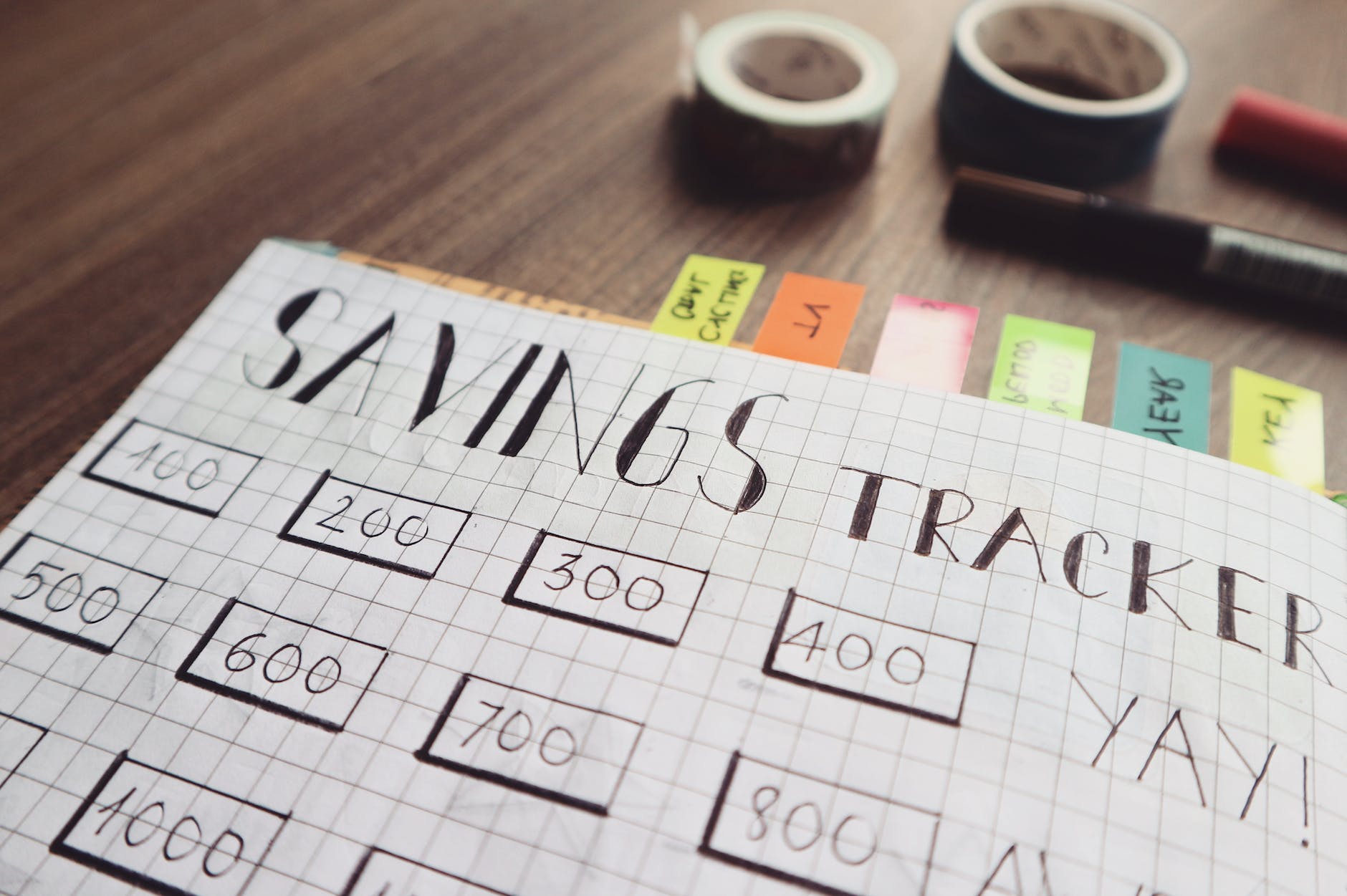Ghana bets on $3bn IMF loan to ‘reset’ economy, ease hardship
By alexandreFinance
Ghana bets on $3bn IMF loan to ‘reset’ economy, ease hardship
Ghana has recently secured a $3 billion loan from the International Monetary Fund (IMF) to help “reset” its economy and ease hardship. The West African nation has been grappling with various economic challenges such as high inflation, budget deficit, and currency depreciation. In this article, we will explore how Ghana intends to use the IMF loan to improve its economic situation.
Addressing Fiscal Deficit and Inflation
Ghana has been struggling to address the issue of fiscal deficit, which has been costing the country a lot of money. The country’s inability to control its spending has resulted in debt accumulation, which has led to a high inflation rate. With the IMF loan, Ghana plans to reduce its fiscal deficit to 5% of GDP by 2024. This will be achieved through expenditure control and revenue mobilization. Ghana is also hoping to bring its inflation rate down to single digits by the end of 2020.
The government aims to achieve this by adopting a prudent monetary policy and implementing structural reforms that will enhance the competitiveness of the economy and boost investor confidence. Ghana has already started seeing positive results with the reduction in inflation from 15.4% in 2016 to 7.8% in 2019.
Stabilizing the Currency
Ghana’s currency, the cedi, has been depreciating against major international currencies such as the US dollar, British pound, and Euro. This has made imports more expensive, leading to a rise in the cost of goods and services. To stabilize the currency, Ghana plans to build its foreign exchange reserves by increasing exports and decreasing imports. The government is also looking at ways to diversify the economy to reduce its reliance on a few export commodities.
The IMF loan will provide Ghana with the financial support it needs to invest in its local industries and infrastructure, which will make the country more competitive in the global market. The government plans to use part of the loan to develop the energy sector, which has been a major constraint to Ghana’s economic growth.
Improving Social Services
Ghana aims to improve access to social services such as healthcare and education by allocating a significant portion of the IMF loan towards these sectors. The government will invest in building hospitals and schools in rural areas to improve access to these services for people living outside urban areas.
The loan will also be used to provide social protection programs for vulnerable groups such as women, children, and the elderly. Ghana hopes that by improving social services, it will reduce poverty and improve the standard of living for its citizens.
The Risks Involved
Ghana’s decision to seek an IMF loan is not without risks. The loan comes with strict conditions, which include implementing austerity measures such as reducing public spending and increasing taxes. These measures may be unpopular with Ghanaians, who have already been hit hard by the country’s economic challenges.
The government will also need to ensure that the loan is used judiciously and that corruption is kept at bay. There have been instances where loans meant for development have been embezzled by corrupt officials, leaving the country worse off than before.
Overall, Ghana’s decision to seek an IMF loan is a bold move aimed at resetting its economy and improving the lives of its citizens. If properly managed, the loan can help Ghana realize its economic potential and become a prosperous nation. However, there are risks involved, and the government will need to tread carefully to ensure that the loan is used effectively and efficiently.
As the country moves forward with the implementation of the IMF loan, Ghanaians will have to make sacrifices to help turn the economy around. The government must ensure that the benefits of the loan are felt by all citizens and that the country’s long-term economic interests are prioritized above short-term gains.





